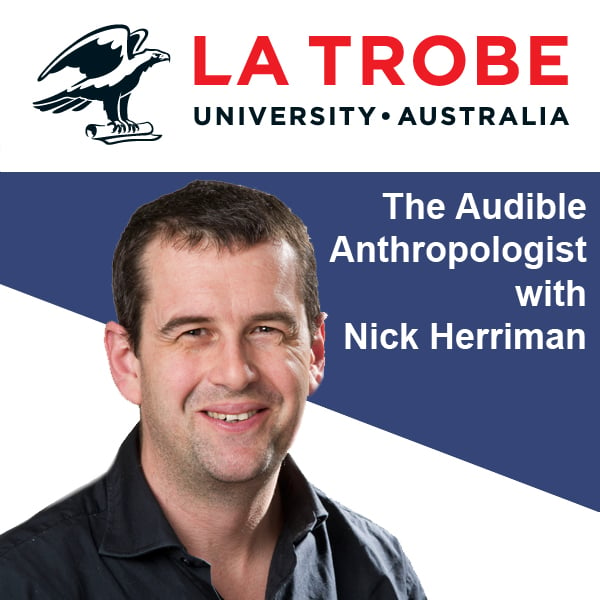Structure
Description
“Structure” refers to the way humans organise themselves economically, socially, and politically. It also refers to the way language and thought is organised. Obvious examples of social structures can be found in the organisation of class (upper/middle/lower), gender (male/female), race (black/white, Aryan/Semitic), religion (priest/laity), economy (boss/worker), and politics (state/citizen). The structures often appear quite natural to us. Yet closer analysis demonstrates that what we humans construct as class, gender, race, religion, economy, and politics. Moreover, these structures clearly have political implications. Changes in these structures (e.g. the transformation from a society based on king/subject to a society based on state/citizen) are often revolutionary and mark the changes in eras of human history.
Copyright 2013 Nicholas Herriman / La Trobe University, all rights reserved. Please contact for permissions.
More Episodes
Some of the West biggest moral disputes, such as abortion, life support, and euthanasia, centre on defining life and death. Anthropology shows us that while the definition of “alive” is culturally specific, one commonality many cultures appear to share is two concepts. Biological life consists in...
Published 06/21/13
Published 06/21/13
According to a modern world view, things exist which can be measured in terms of weight, length, volume, time, temperature, etc.. A spoon or a stone has all these qualities. We call such things “matter” and we have made “science” the proper study of them. The other kind of thing that exists...
Published 05/31/13


